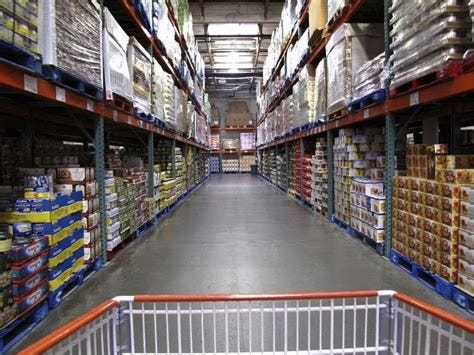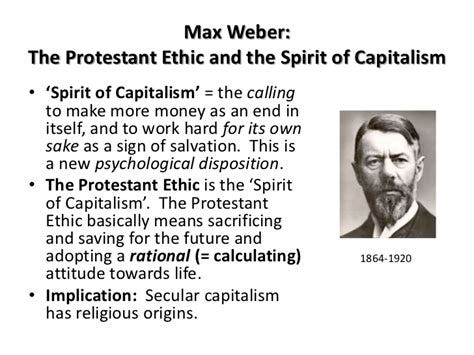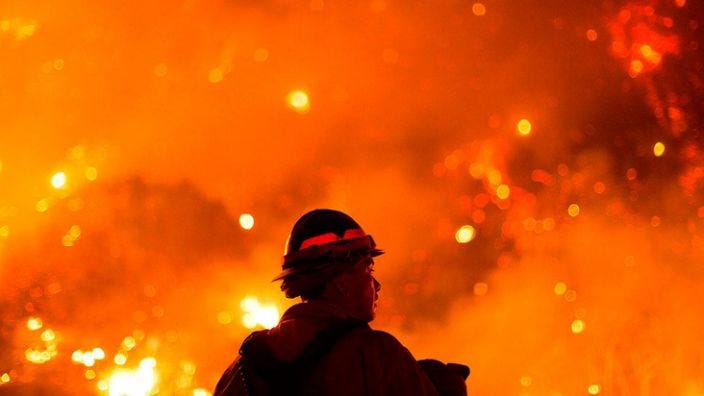
Last week, I went to Costco, the warehouse retail store. I wasn’t there to buy anything, just filling a prescription. While waiting, I went up and down the aisles, lined with 20-foot high floor-to-ceiling shelving, filled with food, clothing, electronics, personal care, and hundreds of other products.
I was awed by the wealth on display. Shoppers could choose from exotic packaged foods in huge bags (seaweed tempura snacks! Frozen shrimp skewers!), huge bottles of delicious sounding condiments (eight kinds of relish!), 10-pound racks of meat, organic fruits and vegetables, baked goods, clothing from functional to fashionable, computers, camping equipment, four kinds of charcoal, vitamins, chocolates, and a thousand other enticing items.
The shoppers did not appear wealthy. They were ordinary people, buying high-quality stuff that royal families of the past could never have bought, because they didn’t exist. And this was just one store. As of October 2019, there were 782 Costco stores worldwide, 537 of them in the USA, along with thousands of Walmarts, Targets, and other mega-retailers. Where, I wondered, has all this wealth come from?
We could name many sources, but the best answer is: capitalism produced this wealth. Capitalism is much more than the economic system analyzed by Karl Marx in the 19th Century, meaning private ownership of the means of production. It’s a philosophy, a way of life, of looking at the world and ordering societies around private property, competitive markets, and money.
No other way of life ever devised by humans has created so much wealth. Harnessing the problem-solving power of science and technology, liberating the creative energies of entrepreneurs and inventors, scouring the natural world to extract ‘resources,’ driving the labor of working people, capitalism creates a new and richer world every year. In 2020, we have far more people, living longer lives, with more stuff and more entertainment than anyone could have imagined on planet Earth.
How does capitalism create all this wealth? Mainly by turning money into a God-like force that drives human activity. According to the International Monetary Fund (IMF,) capitalism comes in many forms, but all of them mold society to center human interaction on core principles including: accumulation of wealth, private property, competition, constant progress, and reliance on markets to make economic decisions. Based on what we can see at Costco, it works, but the natural world, which has no money, is left out of that evaluation.

Capitalism’s core principles are not universal or scientific. They are cultural and philosophical. Max Weber wrote 115 years ago, in The Protestant Ethic and the Spirit of Capitalism, that the belief system of European Protestantism became the core beliefs of modern Western capitalist cultures. People are sinful. Work is good. More is better. Wealth is a sign of God’s favor.
It’s not conservative, it’s not liberal; it’s a religion. A Costco store is a capitalist temple. The shelves are altars; the checkout lines are our communion. It’s not exactly that money has replaced God. The religion of wealth fits right into modern faith, as we can see in the popularity of the Prosperity Gospel, one of the largest evangelical Christian movements. Secular or religious, everyone can worship at Costco.
Religion or death cult
But, there’s a slight downside to this religion. Unrestrained capitalism kills everything. Not by its occasional breakdowns into war and depressions, but through its daily successes. When acquiring wealth becomes the greatest good, the profit motive drives decision-making. Other values are ignored and often subverted if they interfere with accumulation of wealth.
Those ignored values include community, health, and beauty, and all who have no wealth: the air, the water, plants and animals, indigenous people, and workers. Every tree on the hill, every fish in the sea is expendable. Blogger Adam Idek Hastie wrote, “When you understand that under capitalism, a forest has no value until it’s cut down, you begin to see the root of our ecological crisis.”
The wealth on display at Costco was produced at great cost to Nature. Looking at the world’s depletion of water, extinction of species, rising temperatures, spreading deserts, we can see the costs not calculated in capitalism’s equations.
People ignore those costs, because believing that wealth is the greatest good is the mental box in which we all grow up. It’s the water we swim in, the air we breathe; few can break out of it. It’s a box that prevents even basic self-preservation for those who live in it.
In 1977, according to a report in Scientific American, Exxon corporation knew about the dangers of global warming, now usually called climate change. They actually did much of the research themselves. Exxon leaders chose not to prevent global warming but to hide it, so they could keep selling oil, a major cause of climate change.
Their disinformation campaign worked. To this day, even as the planet literally burns, millions of people think global warming is a hoax, thanks to the oil companies’ propaganda.

People frequently compare Big Oil’s coverup to the cigarette companies’ denying the cancer-causing dangers of tobacco smoke, which kills hundreds of thousands every year. But big tobacco’s victims are only its customers. One hates to see them go, but one can always get more. Big oil’s victims include their own children and grandchildren. It staggers me that people could value profit over their own family, but their behavior shows us the powerful hold the religion of capitalism has on our minds.
It’s not only oil companies; it’s the whole system. Mining companies routinely displace indigenous people, excavate and pollute land and water in search of profitable minerals. Rainforests are logged for expensive timber; they are converted into coconut plantations to produce palm oil, they are burned to make room for cattle ranching. The people and animals who live there die or move into urban slums. Some of those forest-killing companies’ products can be bought at Costco.
It’s not that oilmen, mining executives, and rainforest loggers are evil people. Well, maybe some are, but no more than the average successful person raised inside the capitalist box, where wealth is the ultimate good. They can’t think outside it. And if they can see a bigger picture, they quit and are replaced by others who can’t. That’s why it’s called a system.
Are capitalism’s values our values?
Capitalism claims accumulation of wealth, competition, and private ownership of property as core principles. What’s wrong with these values? Aren’t they natural human desires?
They must be natural, or there would be no capitalists, but they are not our only values or our best ones. Most people also value community, Nature, peace, and the future of their children. We care about others and don’t want mass homelessness, incarceration, and war. We don’t want to live on a desert planet.
So, we are torn. As consumers, we benefit materially from capital’s endless progress, with its new products, its convenience and lower prices. As workers, as human beings and living things, we suffer. We can see that unrestrained capitalism is deadly, but what about the wonderful benefits it provides? Can we get the blessings without the curse?
People are working on it. Books are being written. Indigenous people have been trying to teach industrial societies to consider the impact of all our actions on all of life.
To move away from rule by wealth would require profound change in the way we are governed and the ways we live. Several forms of democratic socialism might be improvements. Cooperatives like Mondragon in the Basque region continue to thrive without capitalism. Perhaps we can attain what James Hurd Nixon calls a True Market Economy, which values all people and Nature, not only material wealth.
At least, we can strive to embody such a path in our personal lives.
Two links to alternatives to capitalism:
The Mondragon Cooperative Movement in Spain. Though they have now incorporated for tax purposes, they still commit to workers, environment, social https://www.mondragon-corporation.com/en/about-us/
Forms of capitalism trying to be sustainable — https://www.planetaryphilosophy.com/philosophy/philosophy-of-capitalism/new-way-of-doing-business/
Thanks for reading! Follow me on Twitter @davidsperorn, Medium @davidsperorn, on Facebook https://www.facebook.com/david.s.rn.3

Hello, I enjoyed this post. I wondered if you have any link/contact for Adam Idek Hastie? I’d like to reference his quote in a piece of writing.
Thanks 🙂